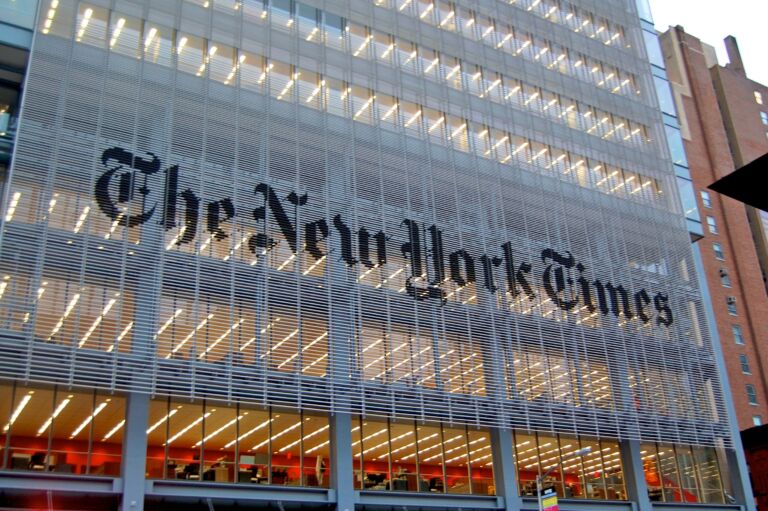Allen Cartwright writes for the Federalist about a disturbing consequence of Critical Race Theory.
Our nation has been rocked by at least two significant acts of domestic terrorism in a five-month span. Last week, Frank James opened fire in a New York City subway, injuring 23 people. In November, Darrell Brooks drove his SUV through a Christmas parade in Waukesha, Wisconsin, killing 6 people and injuring 60 others.
Both perpetrators are black, which is a bit unusual given that mass shootings have historically been perpetrated by white men. More significantly, both Brooks and James had expressed radical views on social media advocating violence towards whites in the lead-up to their attacks, strongly suggesting race relations were a key motive for their acts of violence. (Naturally, the mainstream media has neglected to find out if it was indeed their motivation).
Ditto for Quintez Brown, a Black Lives Matter activist who was charged with the attempted assassination of Louisville mayoral candidate Craig Greenberg in February, and Micah Johnson, who killed five Dallas police officers in 2016. Meanwhile, public perceptions about the state of race relations in the country have plummeted.
These anecdotes, particularly during increasing dissemination of critical race theory (CRT), suggest CRT has been a detriment to racial progress rather than a force for good. The harmful impacts of CRT on race relations are unsurprising when considering several of its basic tenets.
The New York Times Magazine’s “1619 Project,” the brainchild of Nikole Hannah-Jones, expresses a historical view in which America’s true founding was in 1619, the year African slaves were first brought to the United States. American history is thus viewed and analyzed through a lens of anti-black racism.
For example, Hannah-Jones controversially asserts that the Revolutionary War was primarily fought to preserve slavery, argues that the U.S. Constitution was meticulously crafted to establish a “slavocracy,” and criticizes Abraham Lincoln’s approach to the issue of slavery and race.


